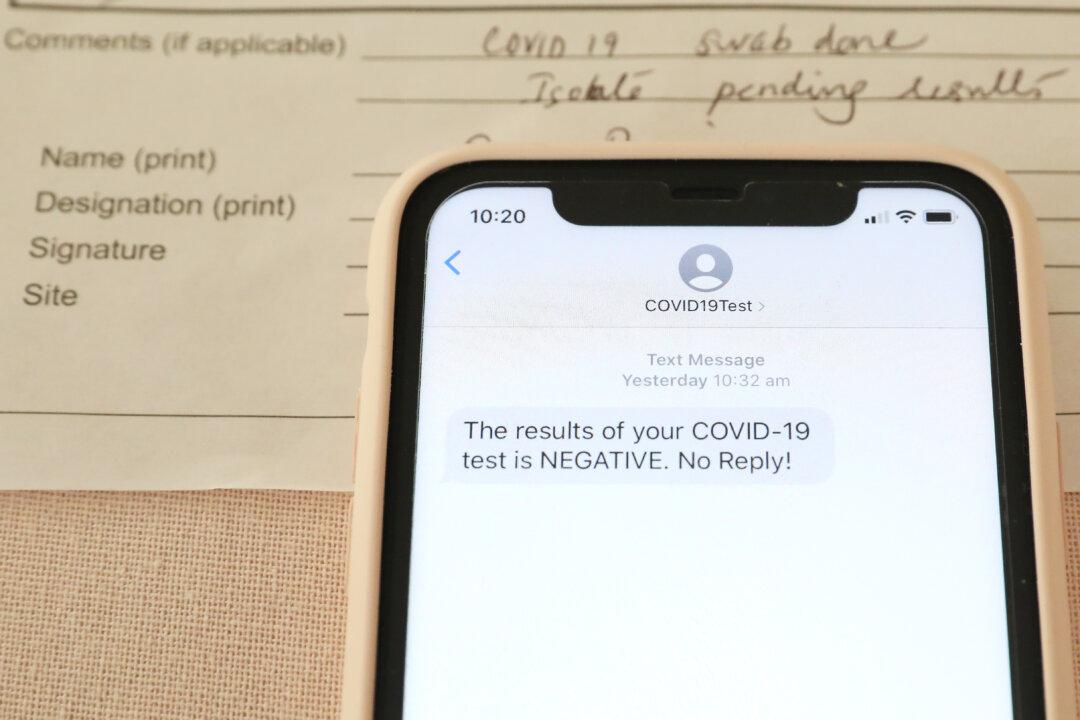Quentin Zervaas, an Australian app developer who has created his own open-source CCP virus contact tracing app called “Trace Privately,” has warned the Australian government about rushing to introduce their version in case Apple and Google phones can’t support it.
Zervaas said there will be some difficulties with the government’s “COVID Trace” app because Apple’s iPhones and Google’s Android phones are not designed to be constantly using Bluetooth to scan for other devices. Users usually have to manually turn Bluetooth on and off.




